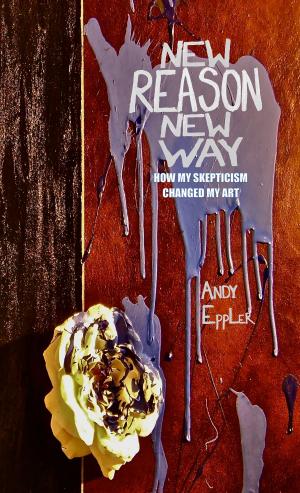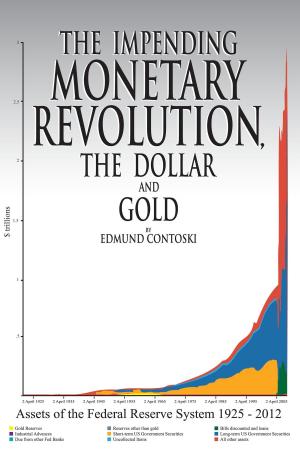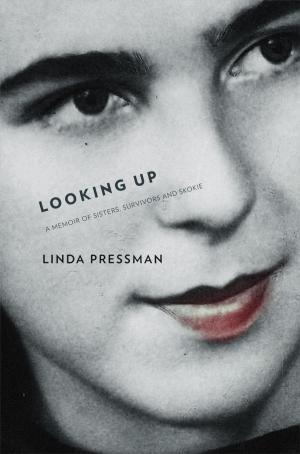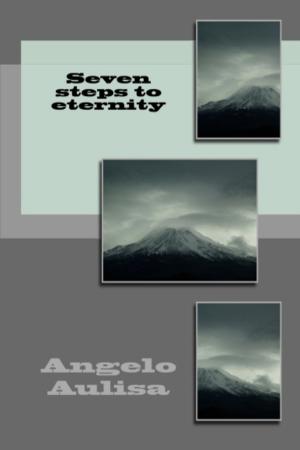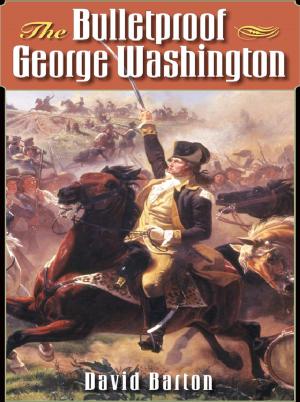The Beatles On Film
A Filmycks Guide
Nonfiction, Entertainment, Music, Theory & Criticism, History & Criticism, Reference| Author: | Michael J Roberts | ISBN: | 9781483522135 |
| Publisher: | BookBaby | Publication: | March 4, 2014 |
| Imprint: | Language: | English |
| Author: | Michael J Roberts |
| ISBN: | 9781483522135 |
| Publisher: | BookBaby |
| Publication: | March 4, 2014 |
| Imprint: | |
| Language: | English |
“Before Elvis there was nothing” – John Lennon Discovering the joy of the epoch defining music and of the scarcely believable story of a certain Liverpudlian quartet, who operated in a small time window during the second half of the 20th century, seems to be an experience that will long outlive all those who lived through it. Apart from the music, which speaks for itself, a good place to find out about the people involved and what all the fuss was about is to work through their feature film output and to examine some of the better films that are centred on their story, or parts of it. As opposed to the Elvis Presley film legacy, the Beatles were well served in the main by the cinematic medium, leaving a body of work to be envious of and they remain crucial visual documents of a miraculous time. The Beatles story is revealed in some depth via the ‘documentary’ bookends of the fable, The Beatles: The First US Visit and A Hard Day’s Night at the beginning and the (almost) warts and all Let It Be at the fractious end. The lads took to the silver screen with a naturalness and flair typical of their approach to every aspect of their career, but unlike Elvis they never let the ‘tail’ of their film work wag the ‘dog’ of their musical work. Elvis Presley, ironically, was their hero, but even they were quick to condemn the hackneyed scripts and hack directors that the ‘King’ was lumbered with. Elvis and his manager, The Colonel, an ex-carnival flim-flam man, both felt rock and roll was a fad, as did conventional entertainment industry wisdom and they agreed that the future for Elvis and ‘legitimate’ stardom, was to be found in movies. Hal Wallis was a fading Hollywood power in the mid 1950’s, working at Paramount after a dazzling career in the 1930’s and 1940’s that saw him produce, amongst others, the immortal The Adventures of Robin Hood and Casablanca for Warner Brothers. Wallis knew an entertainment phenomena when he saw one, having helmed Jerry Lewis and Dean Martin’s transition from the comedy nightclub stage to Hollywood stardom and he cannily packaged the charismatic boy from Memphis for mass consumption. What Hal Wallis did was play to an already established market and this immediately put Presley in a straightjacket in terms of scripts and scenario’s that would play to those preconceptions. The pity of it was that the formula Wallis established was never varied and the electric performer that audiences loved on the rock and roll stage was rarely spotted on the silver screen. Wallis later said, "Elvis was a great entertainer, and a great personality, and that is what we bought when we bought him. The idea of tailoring Elvis for dramatic roles is something that we never attempted because we did not sign Elvis as a second Jimmy Dean. We signed him as a number one Elvis Presley." Wallis hired his old cronies, B-list writers and directors like Hal Kanter and Norman Taurog, veterans of the Lewis and Martin cycle and of some old Bob Hope chestnuts.
“Before Elvis there was nothing” – John Lennon Discovering the joy of the epoch defining music and of the scarcely believable story of a certain Liverpudlian quartet, who operated in a small time window during the second half of the 20th century, seems to be an experience that will long outlive all those who lived through it. Apart from the music, which speaks for itself, a good place to find out about the people involved and what all the fuss was about is to work through their feature film output and to examine some of the better films that are centred on their story, or parts of it. As opposed to the Elvis Presley film legacy, the Beatles were well served in the main by the cinematic medium, leaving a body of work to be envious of and they remain crucial visual documents of a miraculous time. The Beatles story is revealed in some depth via the ‘documentary’ bookends of the fable, The Beatles: The First US Visit and A Hard Day’s Night at the beginning and the (almost) warts and all Let It Be at the fractious end. The lads took to the silver screen with a naturalness and flair typical of their approach to every aspect of their career, but unlike Elvis they never let the ‘tail’ of their film work wag the ‘dog’ of their musical work. Elvis Presley, ironically, was their hero, but even they were quick to condemn the hackneyed scripts and hack directors that the ‘King’ was lumbered with. Elvis and his manager, The Colonel, an ex-carnival flim-flam man, both felt rock and roll was a fad, as did conventional entertainment industry wisdom and they agreed that the future for Elvis and ‘legitimate’ stardom, was to be found in movies. Hal Wallis was a fading Hollywood power in the mid 1950’s, working at Paramount after a dazzling career in the 1930’s and 1940’s that saw him produce, amongst others, the immortal The Adventures of Robin Hood and Casablanca for Warner Brothers. Wallis knew an entertainment phenomena when he saw one, having helmed Jerry Lewis and Dean Martin’s transition from the comedy nightclub stage to Hollywood stardom and he cannily packaged the charismatic boy from Memphis for mass consumption. What Hal Wallis did was play to an already established market and this immediately put Presley in a straightjacket in terms of scripts and scenario’s that would play to those preconceptions. The pity of it was that the formula Wallis established was never varied and the electric performer that audiences loved on the rock and roll stage was rarely spotted on the silver screen. Wallis later said, "Elvis was a great entertainer, and a great personality, and that is what we bought when we bought him. The idea of tailoring Elvis for dramatic roles is something that we never attempted because we did not sign Elvis as a second Jimmy Dean. We signed him as a number one Elvis Presley." Wallis hired his old cronies, B-list writers and directors like Hal Kanter and Norman Taurog, veterans of the Lewis and Martin cycle and of some old Bob Hope chestnuts.


